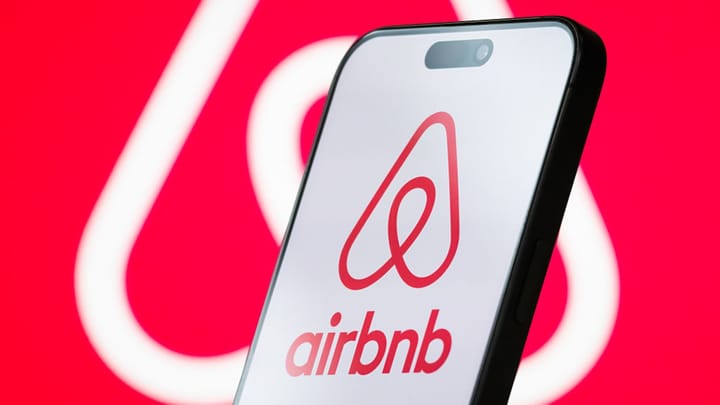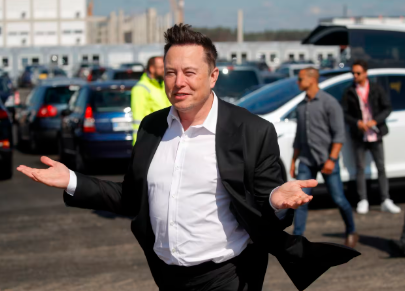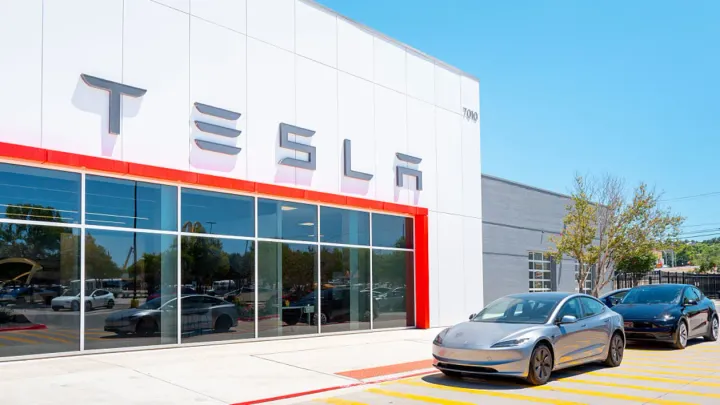SoftBank in Talks to Invest Up to $25 Billion in OpenAI: What It Means for the Future of AI
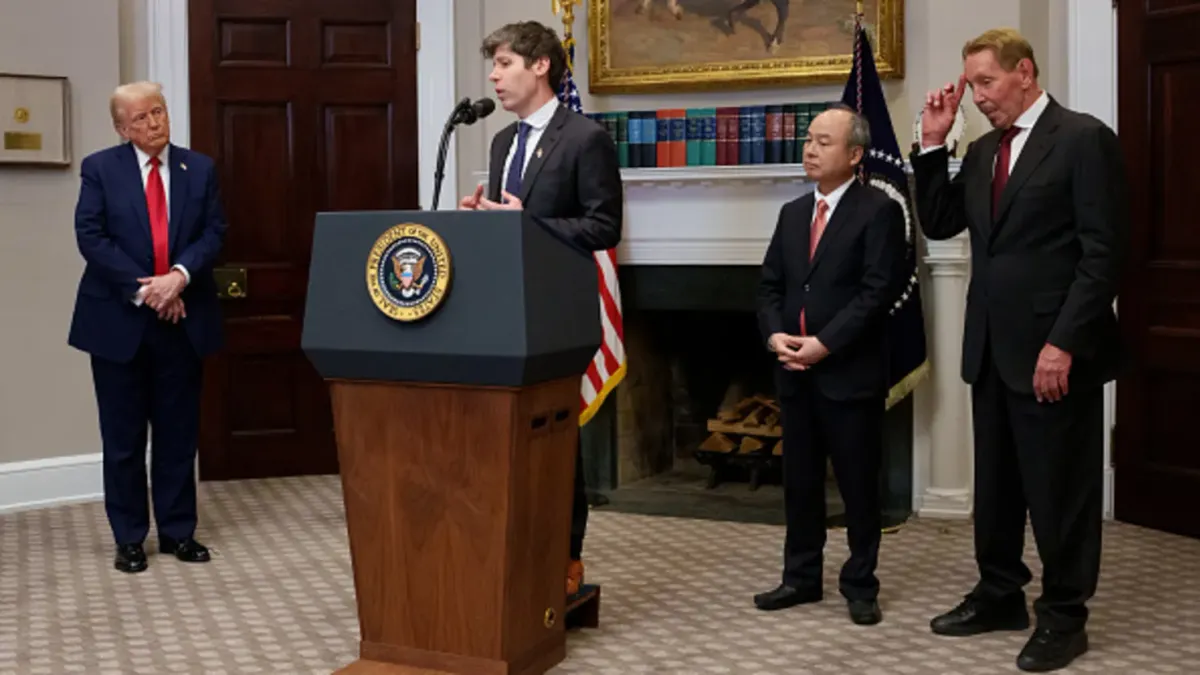
In a significant development that indicates the growing worth of AI companies, SoftBank is reportedly in talks to invest up to $25 billion in OpenAI. If the deal goes through, this would make SoftBank the largest backer of the startup, a position that is of great importance for both companies as they look to further expand their operations within the rapidly growing AI industry. CNBC has confirmed that the negotiations took place, although the deal has not been confirmed yet, sources close to the matter have stated.
OpenAI, founded in 2015 in San Francisco, is an AI company that has really made tremendous breakthroughs in the AI field through its work on its language model, ChatGPT. As a result, OpenAI has attracted the interest of major investors and corporations; one of them is SoftBank, which took part in the latest round of negotiations.
What's at Stake in the Deal with SoftBank?
This huge investment does not come without several implications that, even in incomplete details of a deal, show that its result would be unprecedented. It can be estimated to reach the order of magnitude where $25 billion investment can help SoftBank claim to be an outright winner on OpenAI - an achievement this might gain through possibly bypassing Microsoft's already years-long investment supremacy into the OpenAI development process. End.
In November of the previous year, OpenAI granted its employees the opportunity to sell shares in the company as part of a new tender offer to SoftBank, valued at around $1.5 billion. This move illustrated SoftBank's growing interest in OpenAI and its potential to become a major stakeholder. According to reports, SoftBank founder Masayoshi Son has been pushing for a greater stake in OpenAI since his company made an earlier investment of $500 million in a previous funding round.
For OpenAI, the new investment is a crucial milestone toward a more profit-driven model. OpenAI was founded as a nonprofit with the aim of making sure that artificial general intelligence would benefit all of humanity. But now with the booming and competitive nature of the AI market, operating OpenAI under nonprofit has proven unfeasible in the face of such pressure.
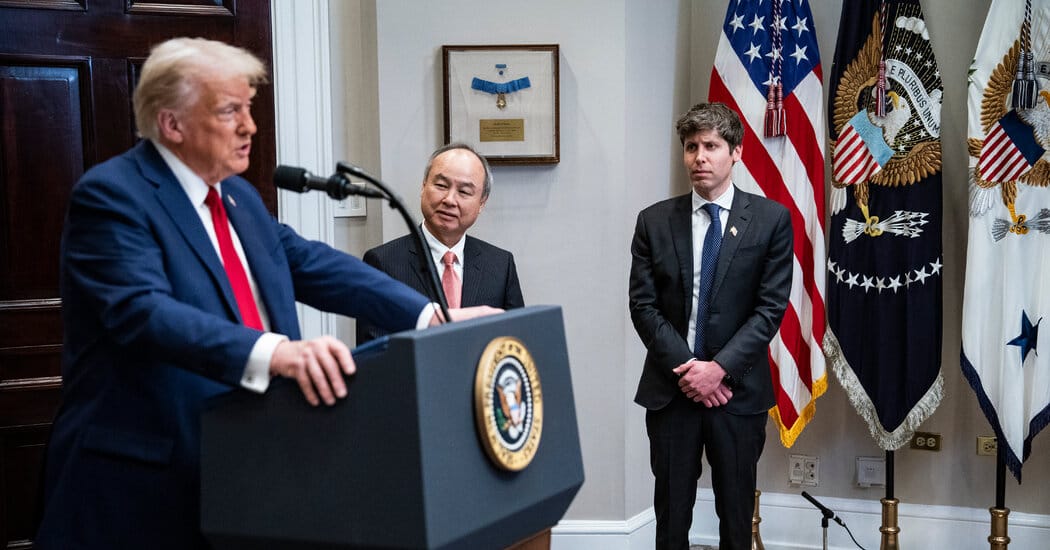
The firm, therefore, began the transformation towards becoming a Public Benefit Corporation or PBC-a model which could allow profit-motivation under the course while still abiding by the very mission: responsible AI.
OpenAI Road To For-Profit Model
OpenAI’s transition from a nonprofit to a PBC is not only a response to the growing competition in the AI space but also a strategic move to raise capital and secure access to the computing resources required for large-scale AI models. In the race to build the most powerful AI systems, the need for massive investments in computational infrastructure is becoming increasingly important.
In a recent blog post, OpenAI’s board acknowledged that to continue pursuing its ambitious mission, it would require billions of dollars in investment, especially as major companies around the world are ramping up their own AI research. “The hundreds of billions of dollars that major companies are now investing into AI development show what it will really take for OpenAI to continue pursuing the mission,” the board wrote.
SoftBank's investment would, potentially, make up a significant part of the funding needed to drive OpenAI to the next level of growth. If SoftBank indeed seals the deal for $25 billion, it is going to catapult OpenAI further in terms of expanding research capabilities, remodelling models, and playing at an even larger scale with its competitors, including Google, Amazon, and Anthropic.
SoftBank in AI Ecosystem
SoftBank, which has a history of investing in high-growth technology companies, could play a crucial role in helping OpenAI scale up its operations. The Japanese multinational conglomerate has long been a major player in the tech world, with a portfolio that includes stakes in companies like Alibaba, Sprint, and ARM Holdings.

In addition to the $25 billion investment, SoftBank has also been involved in a joint venture with OpenAI and Oracle called Stargate. This initiative was unveiled at the White House by President Donald Trump and is focused on investing billions of dollars into U.S. artificial intelligence infrastructure. The partnership signals SoftBank's increasing commitment to the AI space and its desire to be at the forefront of technological advancements.
Having SoftBank as a key investor and partner for OpenAI could be good news for them, since SoftBank's deep pockets and worldwide connections can assist OpenAI to reach new markets and opportunities. Additionally, involvement of SoftBank in Stargate could also help strengthen the infrastructure requirements of OpenAI especially in the context of AI research and development.
The Generative AI Arms Race
This wave of interest in OpenAI and competitors in the artificial intelligence sector is a part of a broader trend within this sector. Generative AI, with analysts putting its growth size over a decade to a whopping $1 trillion in value, is the market expected to realize such growth. Such growth has fueled colossal investment from leading corporations and venture capitalists looking to invest in the future the AI technologies hold.
For OpenAI, the pressure to stay ahead of the competition has never been greater. With the launch of ChatGPT in late 2022, OpenAI helped spark a surge of interest in generative AI, and the company is now facing increasing competition from a host of powerful rivals. One notable competitor is Elon Musk’s xAI, which is developing its own generative AI models to challenge OpenAI’s dominance in the market.
Apart from xAI, some companies, such as Microsoft, Google, and Amazon, are also investing heavily in AI development and, hence have increased competition. DeepSeek, a Chinese AI startup, has been in the spotlight since one of its apps went to the top of the Apple App Store rankings.
The R1 model created by DeepSeek has opened the jaws of many when they told the media that the creation of such a model happened at a smaller fraction than the cost at which U.S.-based companies were creating their models.
OpenAI CEO Sam Altman acknowledged the increase in competition, even complimenting DeepSeek's R1 model as "impressive". He declared that OpenAI would do better by saying on X: "We will obviously deliver much better models and also it's legit invigorating to have a new competitor!"
The ongoing negotiations between SoftBank and OpenAI mark a critical juncture in the evolution of artificial intelligence. If SoftBank follows through with its proposed $25 billion investment, it would not only solidify its position as OpenAI’s largest investor but also accelerate the growth of one of the world’s most influential AI companies. This partnership could help OpenAI scale its operations, compete more effectively in the generative AI arms race, and expand its reach in the global market.
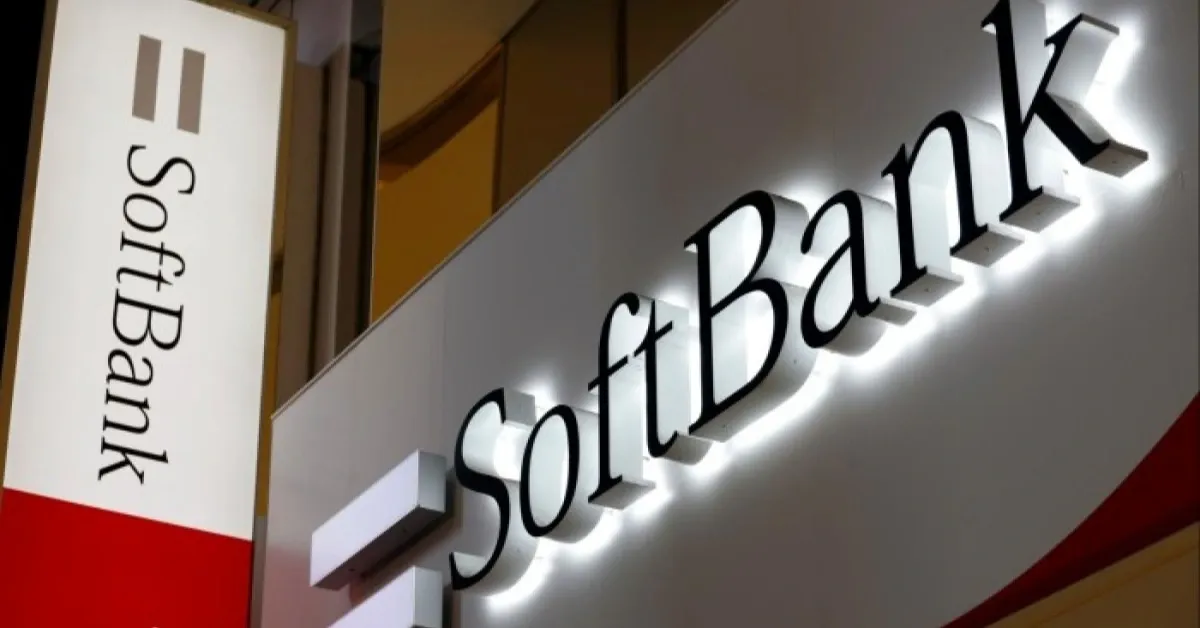
The involvement of the big players will determine the future of the AI landscape, and SoftBank is the name most frequently mentioned, given the company's new turn into a for-profit model combined with the many investments from the partners involved, including SoftBank, as well as the company's readiness for the next phase of its existence in the development of AI, which will have a profound impact on many industries around the world.
FAQ:
Why does SoftBank want to invest in OpenAI?
SoftBank's interest lies in investing in OpenAI mainly because the latter has dominated this space of generative AI. With AI developing at such high paces, SoftBank now sees a key opportunity to be backing a sector leader. As OpenAI shifts towards becoming a for-profit model and the capital needed is substantial to rival other big players like Google and Microsoft, an investment from SoftBank will prove to be resourceful for future growth.
What will SoftBank's reportedly committed $25 billion investment mean for OpenAI?
Were the investment to be completed, it would give SoftBank a stake greater than any held by Microsoft in the firm. This will thus enable OpenAI to expand its operations, invest in computational infrastructure, and further compete within the very rapid growth of AI. It will also give SoftBank a dramatic influence in AI.
What is the new profit-driven model for OpenAI?
The company was initially a nonprofit, but now is turning into a public benefit corporation (PBC). That enables OpenAI to make a profit while staying committed to its mission of safely developing AI. This move has been motivated by a need for additional capital and computing resources in the AI arms race.
How can OpenAI differentiate itself in this market competition with other AI companies?
Of course, tech giants like Google, Microsoft, Amazon, and new companies like Elon Musk's xAI and the Chinese startup DeepSeek are now emerging. However, the competition has not been able to deter OpenAI from leadership in generative AI. OpenAI is still at the forefront with models like ChatGPT. To maintain the lead, OpenAI needs huge investments, as evidenced by SoftBank having agreed to give $25 billion.
This relates to SoftBank and OpenAI as the Stargate project is a joint venture of SoftBank, OpenAI, and Oracle; under this joint venture, the party aims to pump billions into the U.S. artificial intelligence infrastructure so that research and development in AI can be accelerated. It also pertains to a very strategic move by SoftBank to consolidate its position in the AI space and help OpenAI raise funds.

